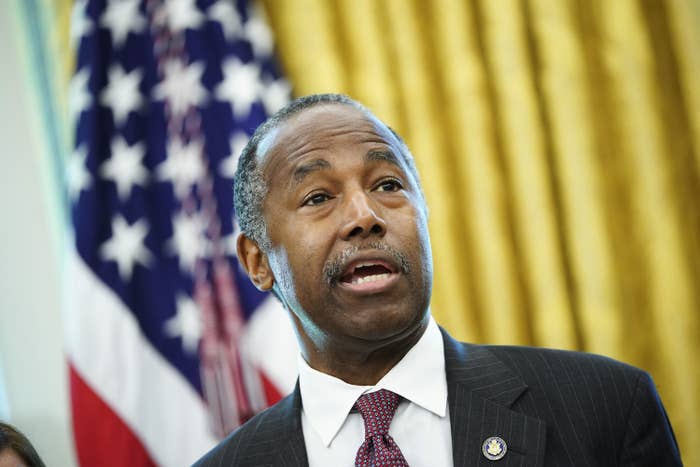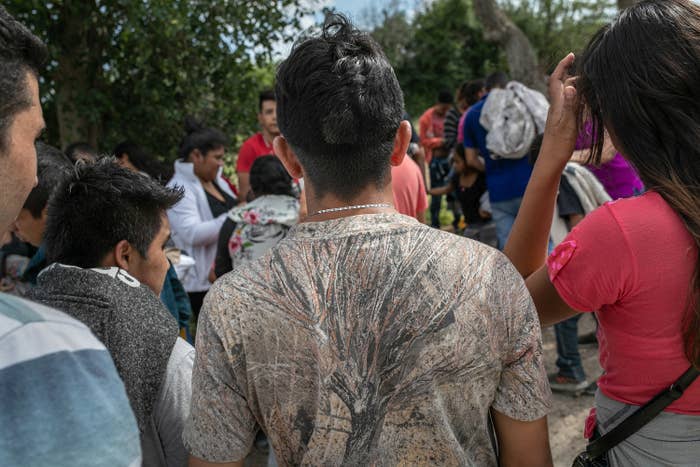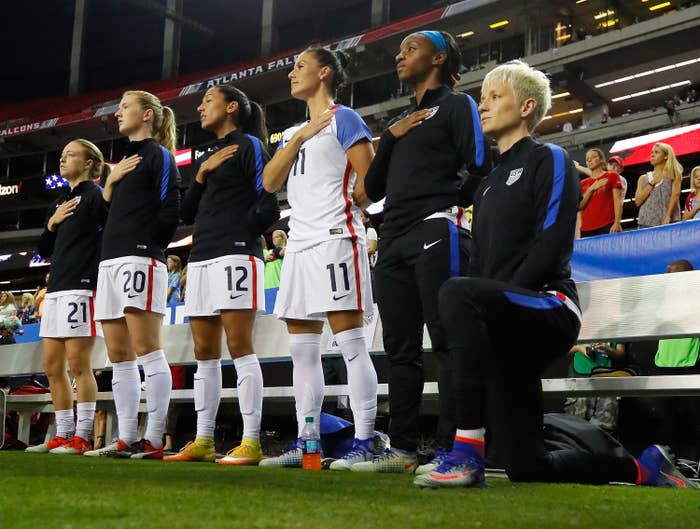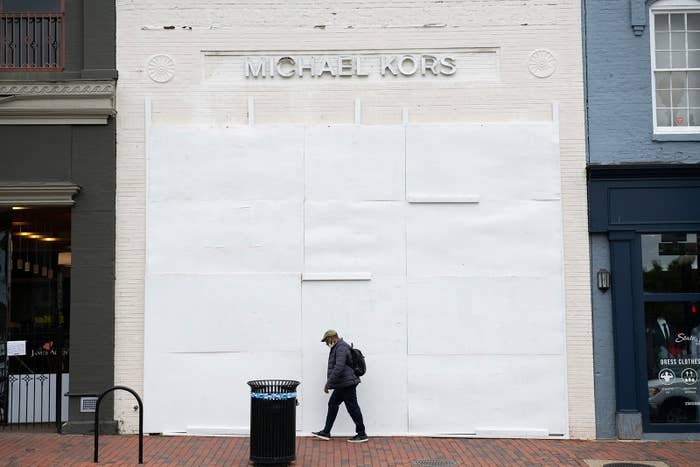HARDLY AN IMPROVING MORE LIKE MILITARIZING
The 44-year old icebreaker USCGC Polar Star may be replaced by nuclear-powered ships, a White House memo suggested on Tuesday. Photo courtesy of U.S. Coast Guard
June 10 (UPI) -- A White House memorandum on polar security has the U.S. Coast Guard considering the addition of armed, nuclear-powered icebreakers to its aging fleet.
President Donald Trump, in a memo on Tuesday, called for "a ready, capable and available fleet of polar security icebreakers that is operationally tested and fully deployable by Fiscal Year 2029."
The United States has only two operational heavy icebreakers in use, the 44-year old Polar Star and the 24-year old Healy. Each is prone to breakdowns, officials have said.
The memo comes as global warning has positioned the Arctic region as a possible shipping route, as well as a source of available mineral resources, and calls for evaluation of a "defensive armament adequate to defend against near-peer competitors and the potential for nuclear-powered propulsion."

The 44-year old icebreaker USCGC Polar Star may be replaced by nuclear-powered ships, a White House memo suggested on Tuesday. Photo courtesy of U.S. Coast Guard
June 10 (UPI) -- A White House memorandum on polar security has the U.S. Coast Guard considering the addition of armed, nuclear-powered icebreakers to its aging fleet.
President Donald Trump, in a memo on Tuesday, called for "a ready, capable and available fleet of polar security icebreakers that is operationally tested and fully deployable by Fiscal Year 2029."
The United States has only two operational heavy icebreakers in use, the 44-year old Polar Star and the 24-year old Healy. Each is prone to breakdowns, officials have said.
The memo comes as global warning has positioned the Arctic region as a possible shipping route, as well as a source of available mineral resources, and calls for evaluation of a "defensive armament adequate to defend against near-peer competitors and the potential for nuclear-powered propulsion."
RELATED MOSAiC expedition selects ice floe for drift through Arctic Ocean
Some U.S. Coast Guard ships have been armed with Harpoon anti-ship missiles and 25mm automatic cannon mounts.
Russia currently operates four nuclear-powered icebreakers -- one, the Taymyr, built in 1987, suffers frequent radiation leaks -- and is expected to build five more, in addition to numerous conventionally-powered ice-capable ships.
China is constructing one nuclear-powered icebreaker as well.
RELATED Arctic sea ice coverage drops below 1.5M square miles for second time since 1979
Trump's memorandum requires the Department of Homeland Security and the Coast Guard to submit reports within 60 days, after risk/benefit studies with various government agencies are performed.
The Department of Energy is mentioned as a participant, suggesting it will offer advice on a nuclear-powered ship.
"Our adversaries are well ahead of the United States when it comes to Arctic infrastructure," said Sen. Dan Sullivan, R-Alaska, told Breaking Defense after the memo was released. "Unfortunately, our adversaries are well ahead of the United States when it comes to Arctic infrastructure."























